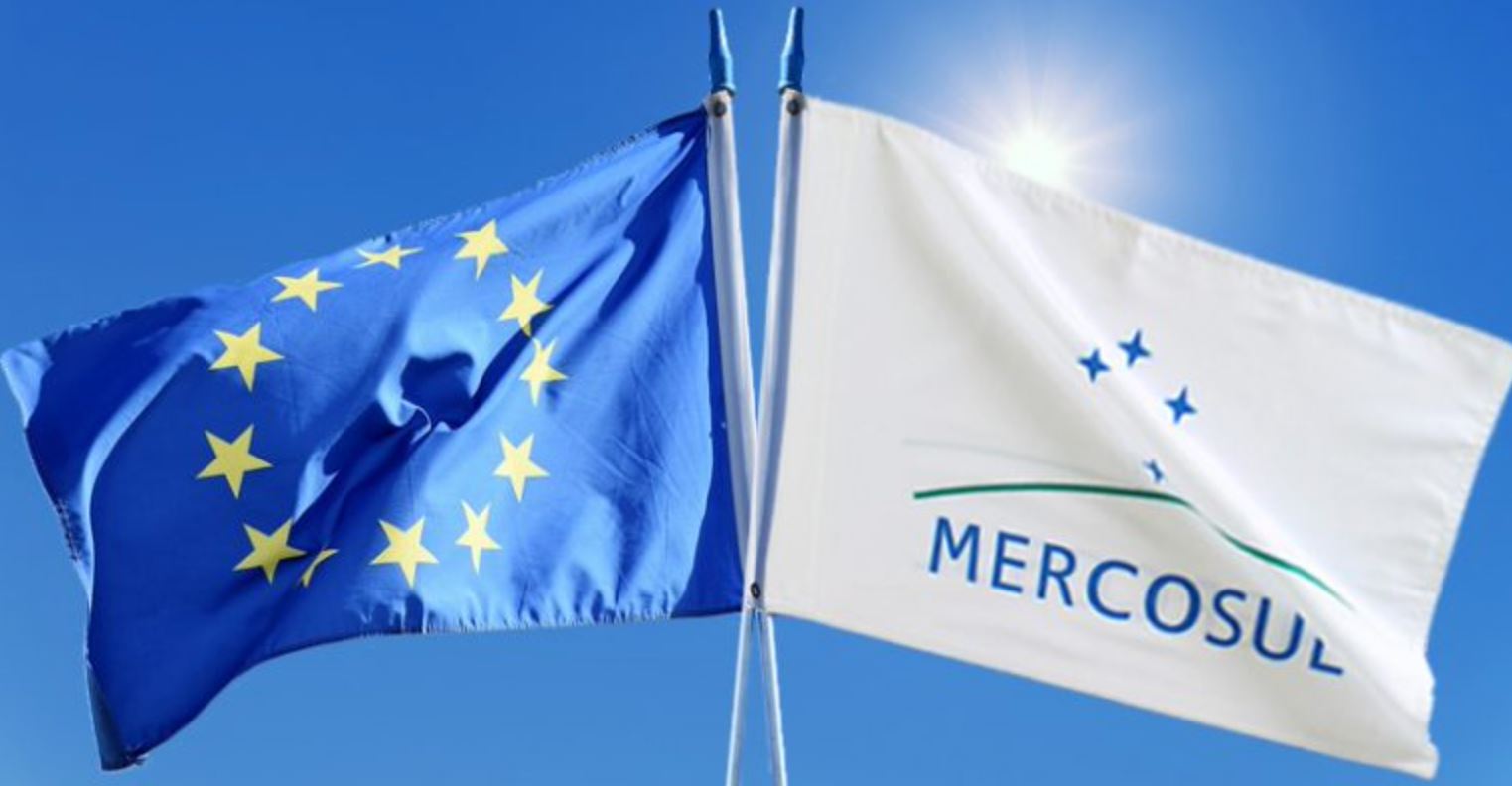Brazil is working on a new proposal to address access to governmental purchases, a crucial issue for the Mercosur-EU free trade agreement.
The impasse resulted in the cancellation of a meeting between Mercosur and the EU’s chief negotiator.
Brazil will assume the presidency of Mercosur in July and plans to hold future meetings in Brasilia.
Under President Lula’s administration, the idea of fully opening the government procurement market to Europeans was rejected, although the previous government proposed it.

Negotiations were suspended due to the pandemic after reaching a pre-agreement.
Brazil seeks input from Mercosur countries to submit different proposals to the EU regarding government procurement.
While Argentina, Paraguay, and Uruguay are not directly involved, Brazil leads this aspect of the negotiations.
Different perspectives exist within the Brazilian government.
The Ministry of Management and Innovation in Public Services (MGISP) supports limiting access to foreign suppliers to protect Brazilian companies and ensure compliance with the new Bidding Law.
They also aim for economic policy autonomy.
The Ministry of Development, Industry, Commerce, and Services (MDIC) prefers a less restrictive proposal to avoid potential delays in signing the free trade agreement.
However, there is some inclination within the MDIC for greater restrictions than the previous government proposed.
Brazil’s counterproposal focuses on three key points.
Firstly, it aims to preserve access to federal government purchases for small and medium-sized enterprises through margins of preference in bids.
Secondly, it seeks to exclude healthcare purchases by the Unified Health System (SUS) from the agreement.
Lastly, Brazil wants to expand off-set arrangements, allowing companies to offer benefits in exchange for market access, such as establishing research centers.
Brazil argues that other countries like China and India also limit access to their domestic markets.
Brazil only has a government procurement agreement with Chile, which has minimal impact on national policies but strengthens the Latin American region.
The Brazilian government believes renegotiation is necessary to protect the country’s reindustrialization policies and counter the EU’s influence over Brazilian purchases.
However, European diplomats express concerns about Brazil’s approach, which may hinder reaching an agreement in 2023.
Lula’s declining soft power and diminished ability to garner sympathy in Europe and other countries add complexity to the discussions.
The agreement will require approval from the legislatures of European and Mercosur countries.

